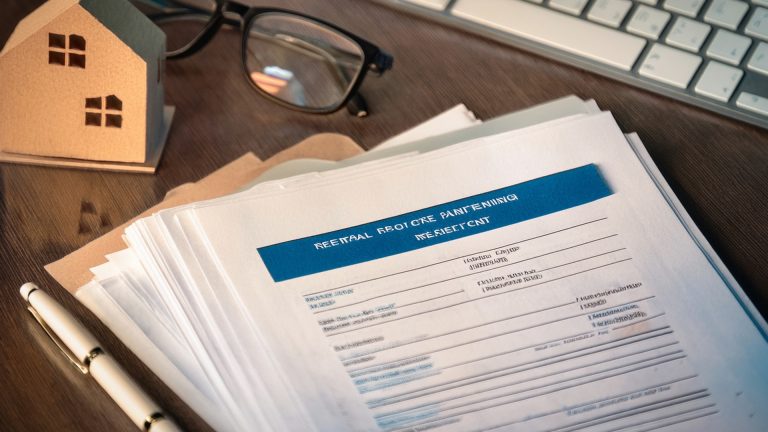Taking the Guesswork Out of Estate Planning for Aging Parents in NYC
If you’re a New York City professional helping your aging parents prepare for the future, you know that navigating legal, financial, and healthcare decisions can feel overwhelming. The truth is, proactive estate planning for aging parents in NYC can make all the difference between peace of mind and last-minute crisis.
This guide is designed for adult children—especially professionals in NYC—who want to support their parents with clarity and confidence. You’ll walk away with a practical checklist, a better understanding of the unique challenges in New York, and a sense of what next steps to take with your family.
What Are the First Legal Steps to Take With Aging Parents in NYC?
The first step is always a conversation. Sit down with your parents to discuss their wishes, what legal documents they already have, and what might need updating. Begin by collecting or creating these essentials:
- Power of Attorney: Ensures someone can make financial decisions if your parent becomes unable.
- Healthcare Proxy: Appoints a trusted person to make medical decisions.
- Will and/or Trust: Directs how assets are distributed, helps avoid family disputes, and can streamline the probate process.
- List of Accounts and Assets: Documenting what’s owned and where it’s held makes transitions easier.
Being proactive allows you to identify potential gaps before an emergency arises. If your family includes international ties, blended households, or unique needs, consider the advantages of working with a law firm experienced in cross-border and non-traditional family planning. (See our tips for planning your estate as a single parent or child protection plans for NYC families.)
What Surprises Most NYC Families About Legal and Medicaid Planning?
Many families are caught off guard by how complicated Medicaid eligibility is in New York. The state’s “look-back” period means that asset transfers—even gifts or home sales made years before—can impact your parents’ ability to qualify for long-term care coverage. This can create stress, especially if urgent care is needed.
It’s also common to underestimate the emotional side of planning. Family dynamics, unspoken expectations, and differing views on care can complicate even the best-laid legal strategies. That’s why early, open conversations—and clear documentation—are essential.
As part of your plan, talk to your parents about their healthcare preferences and financial priorities. If you’re new to these discussions, start by reading our five tips for choosing your child’s guardian—many of the same principles apply when choosing trusted decision-makers for parents, too.
Should Families Consider Intergenerational Estate Planning Sessions?
Absolutely. At The Village Law Firm, we encourage clients to participate in multi-generational planning sessions. These meetings bring adult children, parents, and sometimes even grandchildren together with an attorney to review documents, discuss goals, and create a coordinated plan. The result is fewer misunderstandings, greater peace of mind, and a stronger legacy for everyone involved.
During these sessions, we help families align on key decisions such as:
- Who will make medical or financial choices in an emergency?
- How can we protect assets from Medicaid spend-down or unnecessary taxes?
- What are the best ways to pass property or investments to the next generation?
- How do we balance independence, dignity, and security as parents age?
Intergenerational planning is especially valuable for families with property in Brooklyn or other boroughs, international assets, or blended households. Addressing these topics in advance is much less stressful than trying to make decisions in a crisis.
NYC-Specific Considerations: What Sets Legal Planning for Aging Parents Apart?
New York law is unique in how it handles estates, guardianship, and Medicaid. For example, if a parent dies without a will, their spouse does not automatically inherit everything—state rules can split assets in surprising ways. Without proper planning, courts may end up managing your parent’s finances or making decisions about their healthcare.
Additionally, NYC’s high real estate values and tax structure mean even modest estates can face significant probate or tax hurdles. Working with an estate planning lawyer familiar with the latest local laws helps you avoid common mistakes and ensures all documents are up to date.
Your Estate Planning for Aging Parents NYC Checklist
- Start the conversation early; don’t wait for a crisis.
- Locate or update key legal documents: Power of Attorney, Healthcare Proxy, Will or Trust.
- Document all accounts, property, and insurance.
- Learn the basics of Medicaid planning and the look-back period in New York.
- Schedule a multi-generational planning session with an experienced NYC attorney.
- Revisit the plan regularly, especially after any major life or health changes.
Ready to Protect Your Family’s Future?
The Village Law Firm specializes in estate planning for aging parents NYC families trust. If you’re ready to take the next step, schedule a confidential planning session today—your family’s peace of mind starts with a single conversation.
FAQs: Estate Planning for Aging Parents in NYC
What legal documents are most important for aging parents in New York?
Every family should have a current power of attorney, healthcare proxy, and a will (or trust). Depending on your situation, a living will, updated beneficiary designations, and Medicaid planning documents may also be needed.
How does the Medicaid look-back period work in NYC?
The Medicaid look-back period in New York is currently five years. Transfers or gifts made during this time may affect eligibility, so consult a knowledgeable attorney before making any changes.
Can adult children participate in their parents’ estate planning sessions?
Yes! In fact, we recommend it. Intergenerational sessions help everyone understand the plan and avoid future confusion or conflict.
For more resources and guides, visit The Village Law Firm blog.





